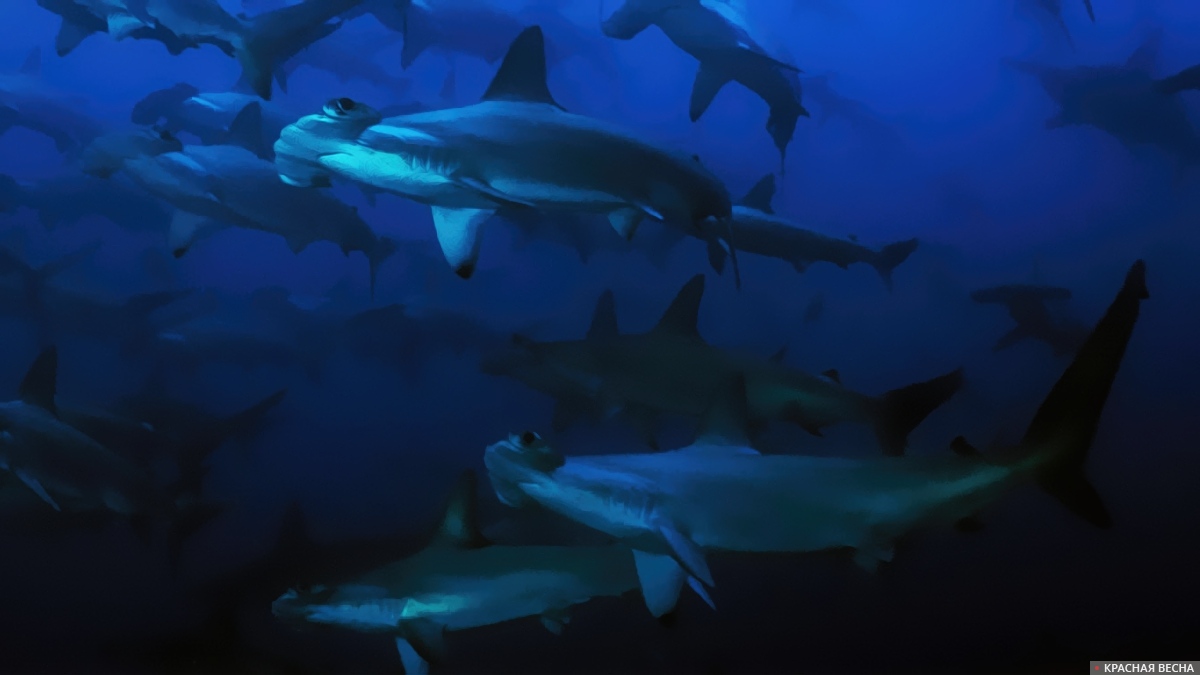
An analysis of the problems faced by fishermen, including the ban on fishing hammerhead sharks in Peru, was discussed by the president of the federation of specialized artisanal fishing organizations of the Tumbes region, Miguel Martínez, and the former general secretary of the united union of artisanal fishermen of the port of Ilo, Isaac Tapia, on June 29 on RPP.
Tapia pointed out that he is very concerned about the current political situation regarding fishing, since to date no law decree has been published that recognizes traditional ancestral fishing and traditional artisanal fishing.
“To date, no resolution has been issued that in any way strengthens this law, which we consider a good opportunity to recognize artisanal fishermen.”he said.
The former executive pointed out that there are vessels with greater draft than the artisanal fishermen who have managed to obtain double permits, which allows them to fish not only anchovy, but also other species of marine animals, such as mackerel. Tapia emphasized that this causes “unfair competition”.
Martínez also expressed his concern about the lack of the aforementioned regulations, which he said protects resources and classifies vessels to identify true artisanal fishermen. For this reason, he appealed to the Minister of Production, Sergio González, and the president of Peru, Dina Boluarte, to approve the aforementioned document.
“We are concerned that this has been a more than twenty-year fight to ensure that the five miles are respected and resources are protected because this is the only source of labor. But there may be other political interests that put traditional artisanal fishermen at risk.”,” he pointed.
The fishing leader also asked the Minister of Production to lift the fishing ban on hammerhead sharks, which currently live in Piura and Tumbes, as it forces workers to throw the species into the sea to avoid being captured by the police during an environmental crime.
“The quota has already been closed, 470 tons were closed to the southern fishery and we only caught around 11 tons under this quota. Today, with the arrival of this La Niña phenomenon, we already have this species of six to ten kilograms. Unfortunately we have to omit it or hide it because it is the only species that appears now because the tuna is already leaving.”“, Martinez explained.
Source: Rossa Primavera
I am Michael Melvin, an experienced news writer with a passion for uncovering stories and bringing them to the public. I have been working in the news industry for over five years now, and my work has been published on multiple websites. As an author at 24 News Reporters, I cover world section of current events stories that are both informative and captivating to read.
